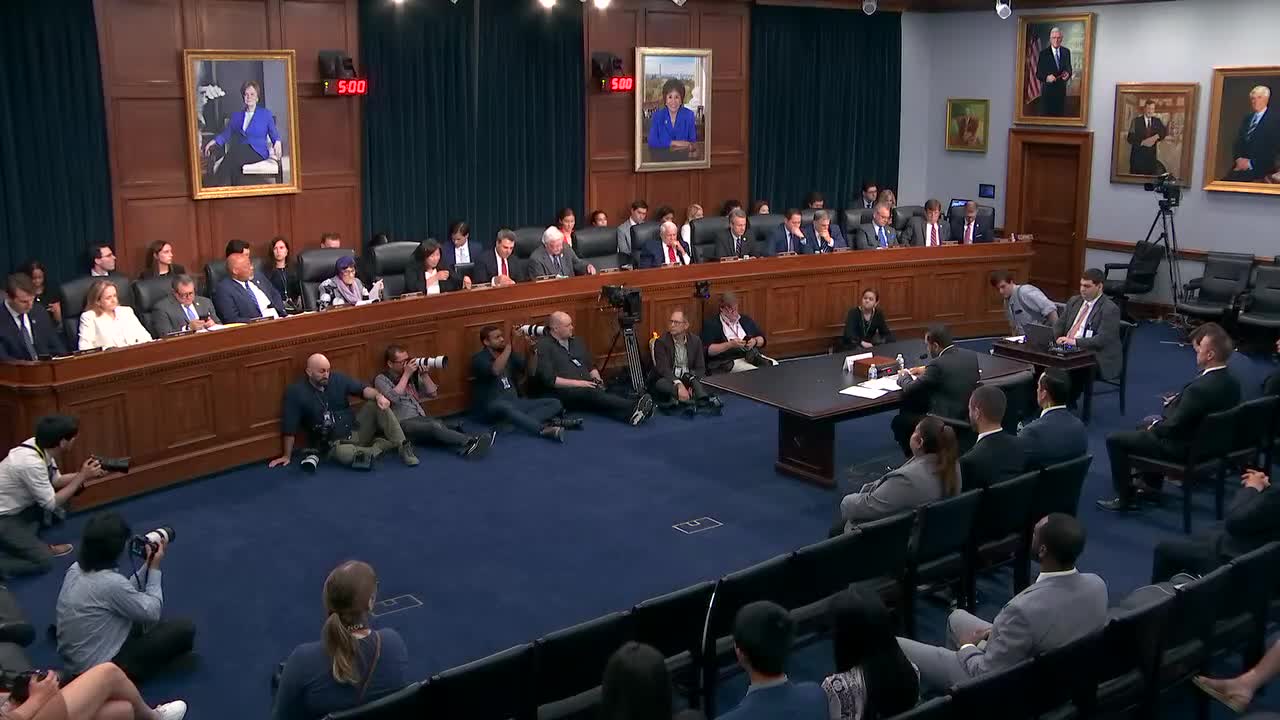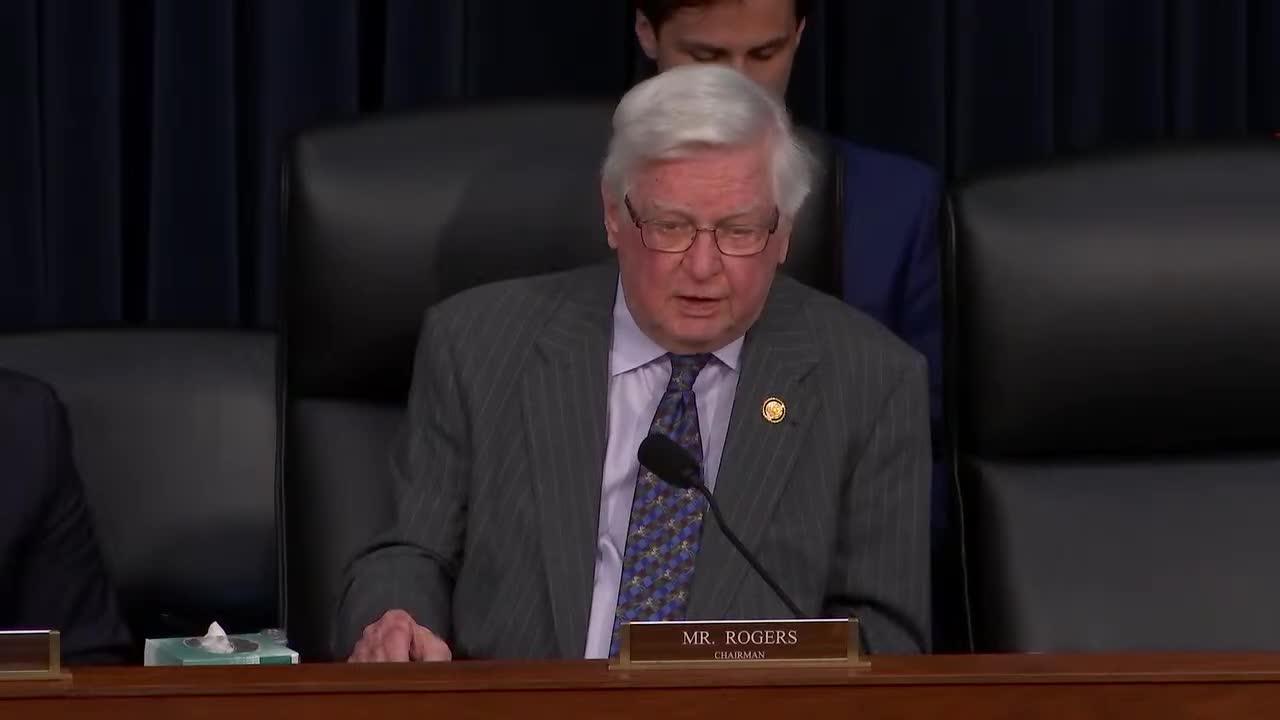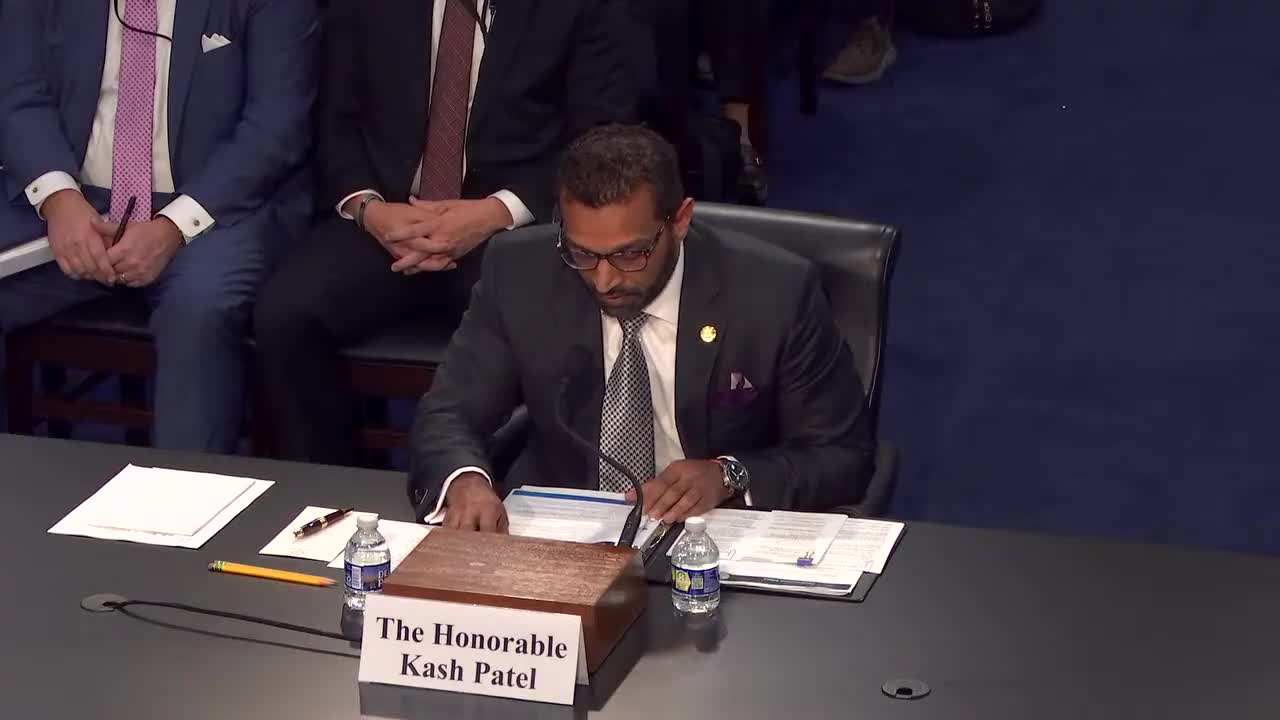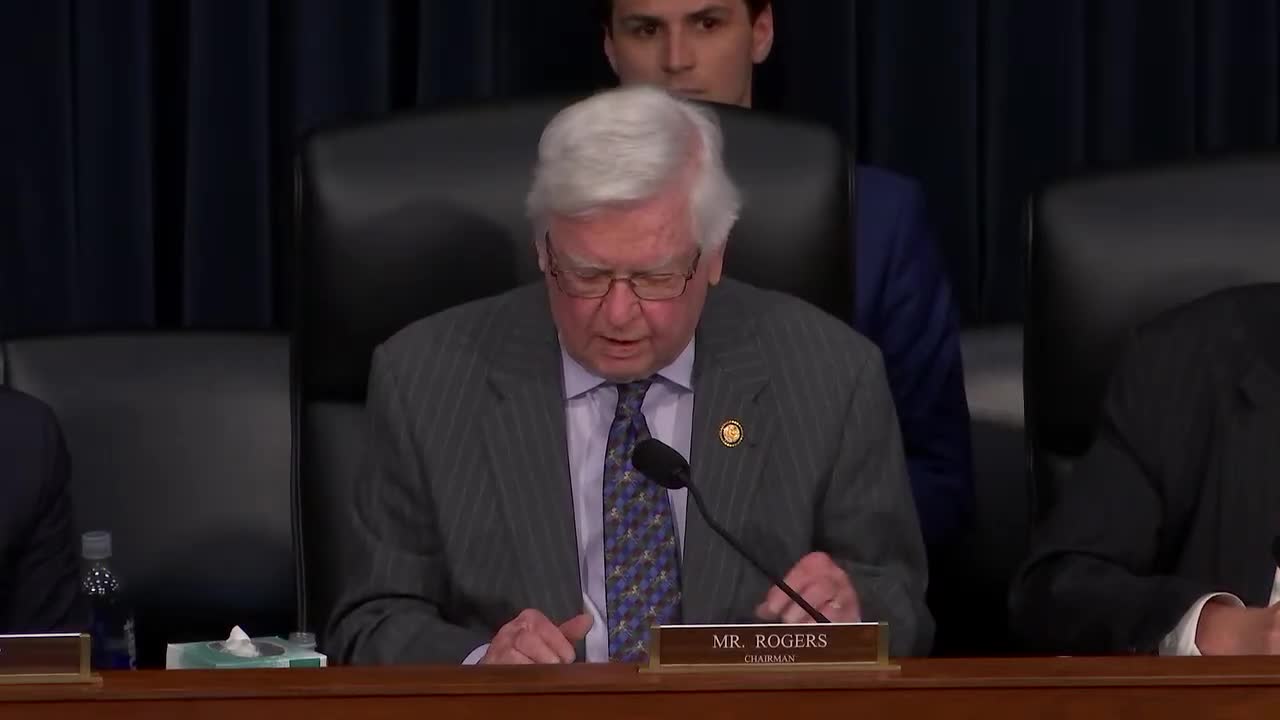Article not found
This article is no longer available. But don't worry—we've gathered other articles that discuss the same topic.

Lawmakers press FBI director on transparency, background checks and allegations of politicization

Patel details recent fentanyl and cartel operations, credits interagency seizures; cites need for foreign and domestic focus

Patel outlines plan to move FBI personnel out of Washington, expand Huntsville and CJIS footprints

